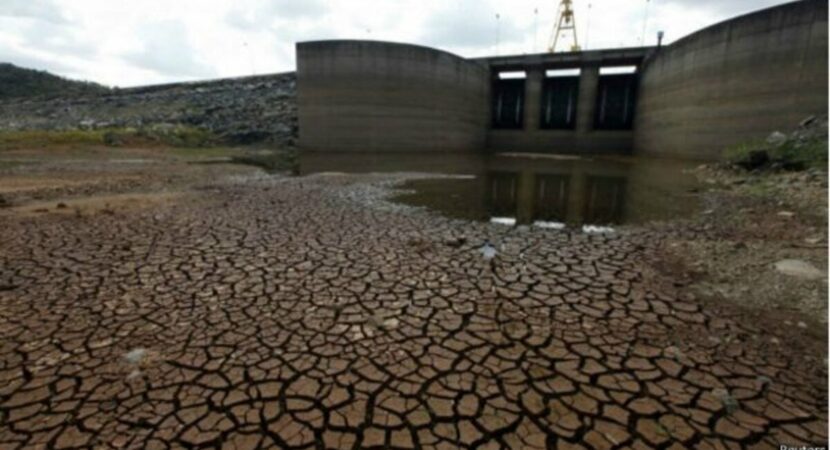
One of the main consequences of a water crisis is directly related to a more expensive energy bill.
According to data released by the National Interconnected System (SIN), the country is experiencing the worst water crisis ever seen in the last 91 years. In mid-November 2020, meteorological institutes had already alerted the responsible entities to such an event. What was to be expected ended up happening. In addition to the crisis, agribusiness and the energy sector will also suffer from this dark period.
Other Interesting Articles
Since June 1st, data on water scarcity had been released through the National Water Agency (ANA). Resolution No. 77/2021 came to corroborate previous studies and inform that the Water Resources of the Paraná Hydrographic Region, which covers 10% of Brazil in terms of territory, was in a critical situation of quantitative scarcity.
Because it encompasses the most populous states, namely: São Paulo, Minas Gerais, Paraná, Goiás, Mato Grosso do Sul, Distrito Federal and Santa Catarina, it is a case of alert at the national level. After all, in addition to being quite populous, they are also the states that most influence the economic development of the country.
Why can the water crisis affect the energy sector?
It is worth mentioning that, in the same way that water is important for the good maintenance of life, it is essential for several sectors in the country to be successful. That way, when water resources are scarce, it is not just the basins, plants and animals that will be at risk, but the entire Brazilian territory that is included in these 10%.
This statement about the water crisis can be validated by professionals in the field, such as Tassio Barboza, master in Photovoltaic Solar Energy and Deputy Secretary for Technical Affairs at the National Institute for Clean Energy (Inel). For him, the importance of water is of interest to the population in general, because when there is scarcity, life becomes difficult.
After all, how will agriculture or livestock survive without even a trace of water to water their crops or quench the thirst of their animals? To contemplate other factors for the advancement of agribusiness and the energy sector, Barboza makes the following statement: “Electric energy generation and waterway transport also need water — but it is not consumed with use. Brazil is a continental country and needs to make water resources available for all these purposes. When there is no water in the reservoir due to a water crisis, this entire chain is affected”.
How can impacts be negative in the state of São Paulo?
In addition to agribusiness, energy sectors and others will be largely affected by the water crisis. For São Paulo, the situation may be even more critical, according to the opinion of federal deputy Arnaldo Jardim (Cidadania-SP). For him, the first impact would be on the agricultural sector, where there would be a drop in production, generated by the scarcity of water.
Soon after, an increase in the value of energy would arrive for the residents of the state. However, not only São Paulo would suffer, as the Tietê River would also be at risk of having its navigability unfeasible, affecting the flow of cargo.
Thus, when analyzed, the list of negative impacts generated by a water crisis leaves almost irreversible damage, mainly in agribusiness and energy. To prevent this from happening, the federal deputy suggests the creation of new projects aimed at protecting these resources. Even the Bill 414/2021, suggested by Senator Cássio Cunha Lima (PSDB-PB), brings proposals in this regard. It has already been approved by the Federal Senate and is awaiting a response from the President of the Chamber of Deputies.












Air Force F-16 fighters…
True friend, what they shot down were…
Air Force F-16 fighters…
I would like to know what planet you live on…
Air Force F-16 fighters…
Everything is fine, 100-year secrecy,…
Air Force F-16 fighters…
Well... It's flying scrap... Typical...
Army summons Brazilians with up to…
Come be a watermelon, you too
Eu William quero participar deste processo seletivo…
They couldn't finish a mere train of...
The vision it gives us is…
I work as a hydraulic firefighter, electrical assistant…
Wow, right, why don't you release it until...
This channel is becoming an expert and…
How do I apply for these vacancies?
I hope this project goes well, apparently...